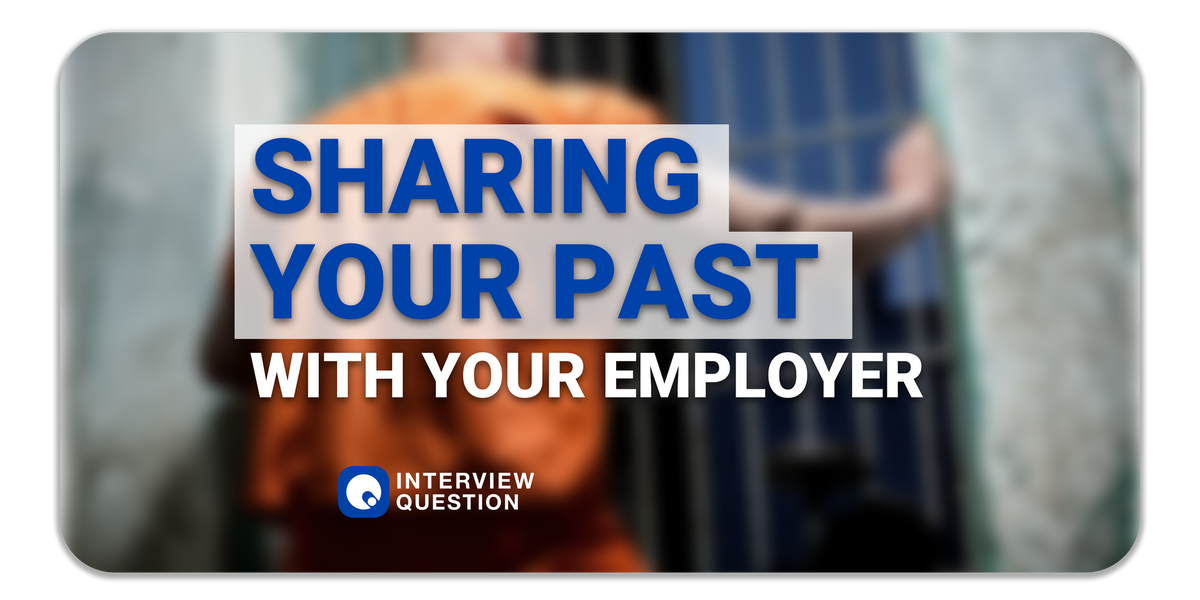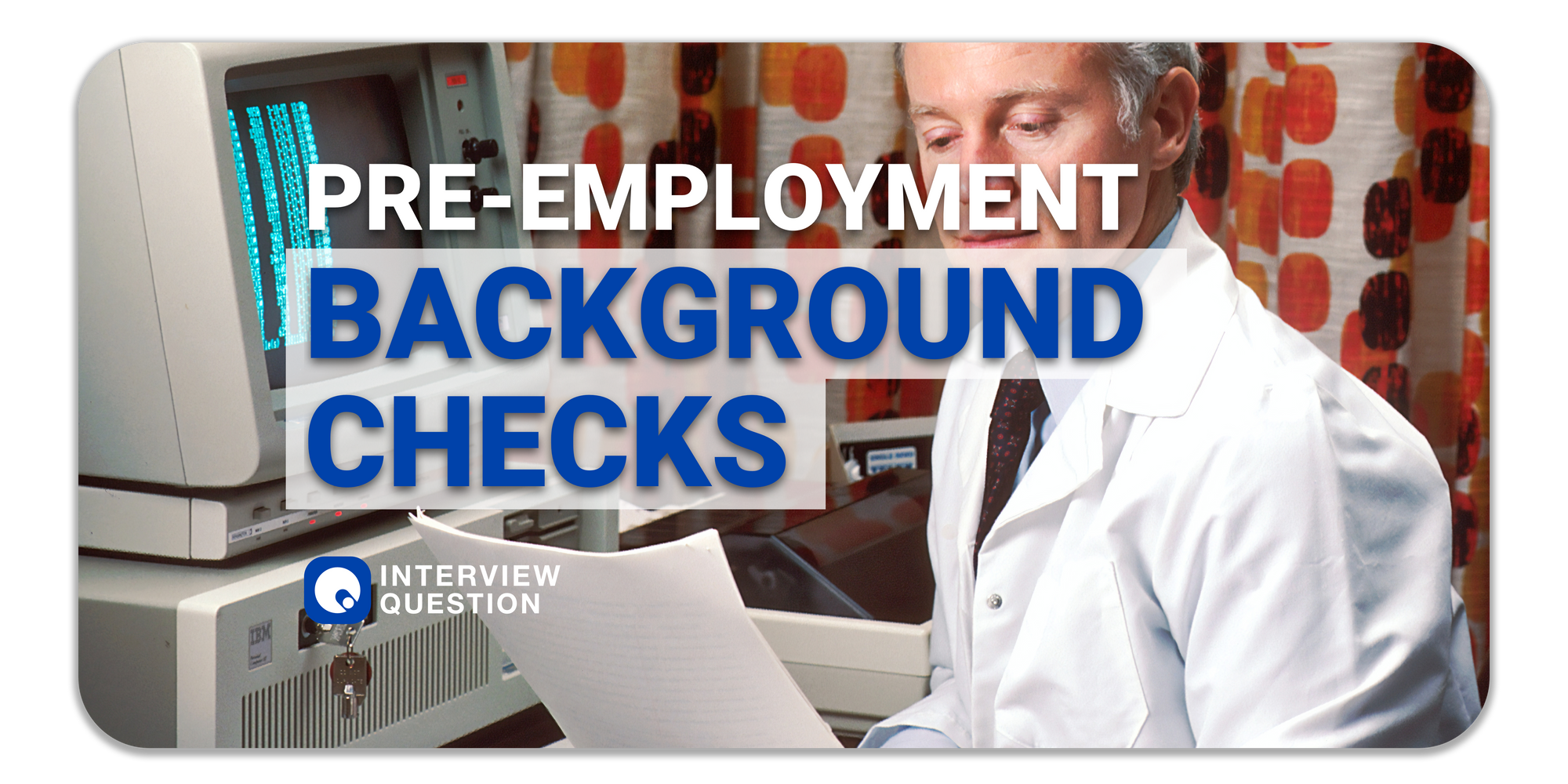Should You Share Your Ugly Past with Your Employer?
• Losing Out • What They Don't Know Won't Hurt Them • Fess Up & Spill • The Past Is The Past, Why Fear It? • Personal Questions

Single parenthood and shameful criminal records are some pieces of history most interviewees hide from their interview sessions. Even after clinching a job, these secrets can live and die with the person as we may choose to adopt a mentality where "what they don't know, can't hurt them".
Losing Out on Career Advancements
Competition is tough, give yourself a shot and don't shoot your own foot.
Well, if you already got the job and intend to work for long, you can consider against revealing it all. Not only will unrelated info screw you up in a glorious manner, but your ugly past will also attract the wrong kind of attention.
Forgiveness doesn't exist in the working world.
In most countries where the reformed are forgiven, there is still stigma. A bias toward the people who have done wrong is ever-present; people generally believe that a tiger never changes its spots. A whale in captivity will one day drown its trainer and when trust is lost, trust can never be regained.
Just be aware of the future opportunities you will miss - Promotions, increase in job grade, salary increments, overseas detatchments, etc.
What They Don't Know Won't Hurt Them
Keeping others in the dark is the best solution.
Two wrongs don't make a right, but if your boss doesn't know you were wrong in the first place! Them being oblivious is to your advantage since you keep your career. To the opposite end, they also win-win since fear is eliminated as they are oblivious to the danger.
You cannot hide forever.
In certain career paths such as education, law enforcement and in banking-finance work, there are background checks to verify the credibility of the person. Checks are limited to what is publicly known and to information which can be established.
Background checks are cursory and do not cover everything.
Verification like your qualification can be traced to your school but other things like overseas incarceration can't. So if you went in 28 hour lockup in Japan for drinking and public nuisance, your interview background check shouldn't be able to pull such info up.
Especially if you are gunning for an entry level job, worry less! Is it even necessary for employers to dig up your past, and is it worth the expense?

Fess Up & Spill
The walls have ears and the hills have eyes.
Honesty is the best policy, and if you've been in your position for awhile, your boss clearly trusts you enough. If you don't come clean and they find out through other means, you've got yourself an ass-whopping. Sit your direct superior down in a meeting. Be calm, speak the truth. Sometimes, he doesn't want your dirty little secret leaked either.
Your secret is the company's secret too.

A company's image is worth more than the company itself. We are about branding. We are a name. Tarnish the company and its future plunges with it too.
Assuming that you are either public-facing, client-facing or you've got a tight grip on staff which are the key, the bloodline to its operations, you are considered a high value asset. A high value asset like you is worth protecting, because you are the company.
The Past Is The Past, Why Fear It?
Middle school grades don't matter, so why should your past matter?
Look here. Tales of the old make great memories. However, stories do not define your future. Fearing others knowing the past is like you being scared of your own shadow. What you do today and how you handle tomorrow have greater impacts on the present.
Go upfront if rumors leak. Tell others that "Yes, that was me then. But this is not who I am now." then show them your skills, capabilities and what-not.
Clinch more clients, hit that leaderboard, be nominated as a leader and an over-achiever. That will show them what you're really made of.
Personal Questions
Personal questions can be a big no-no.
But interviewees are often compelled and put in a tough spot to answer them behind closed doors.
Read this next article to see how you should handle such situations.


